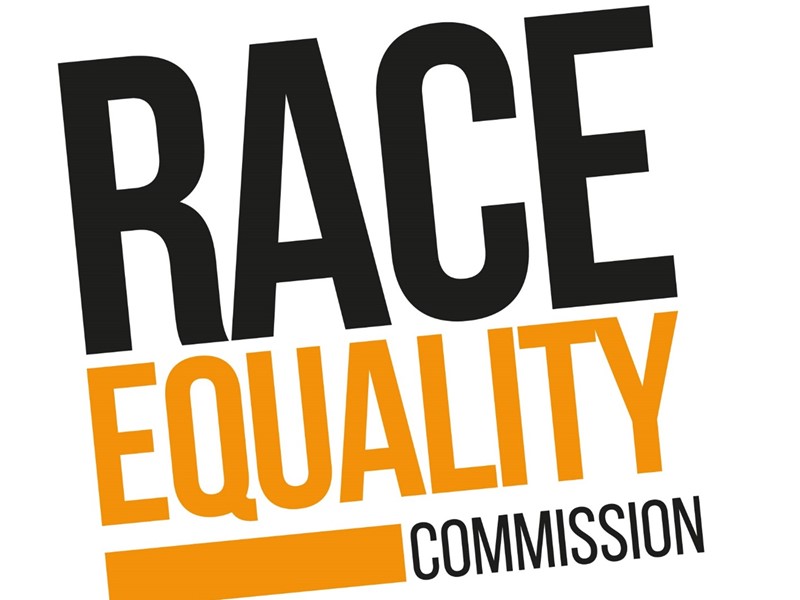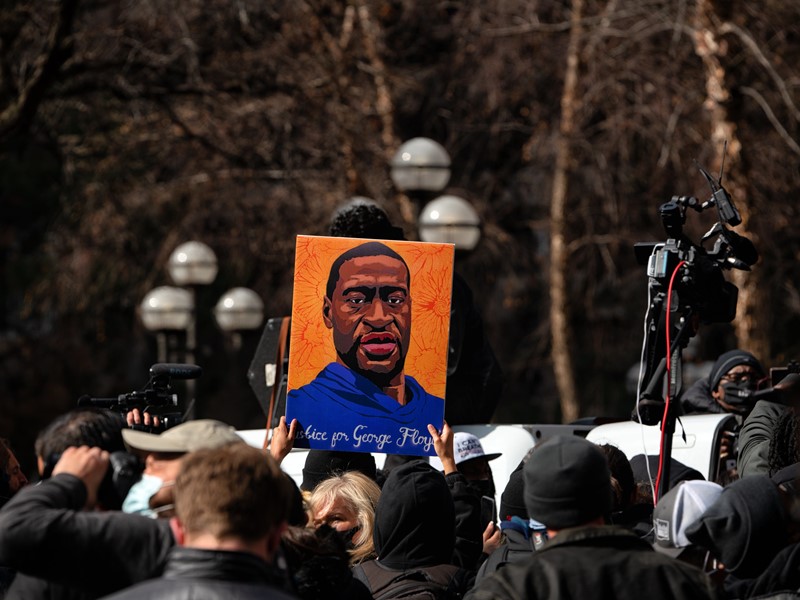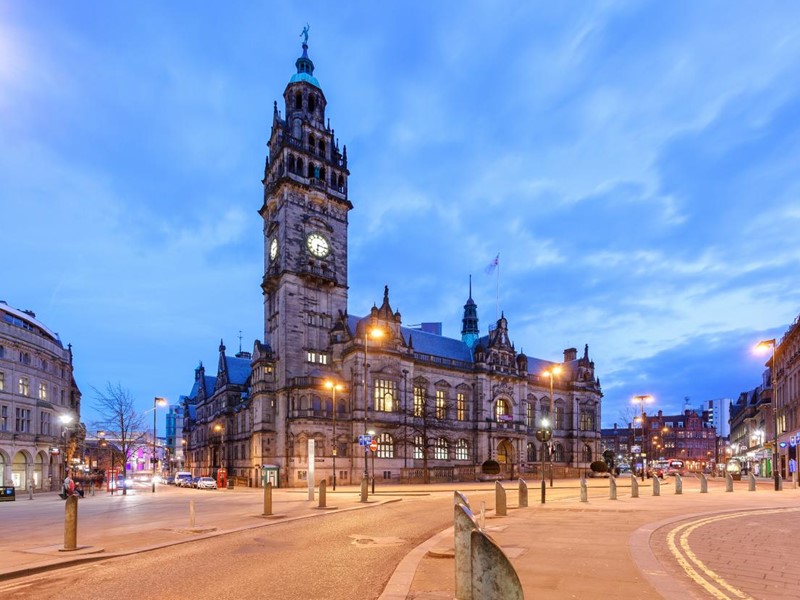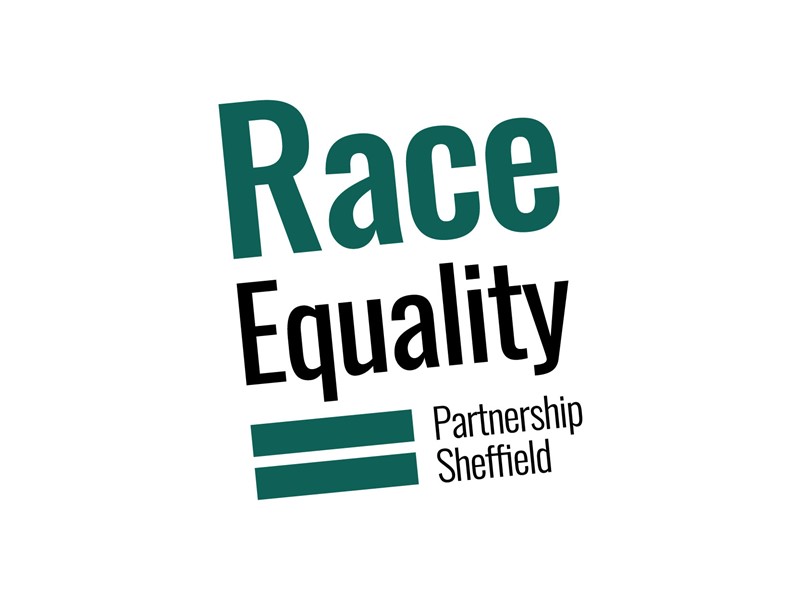Leaders of key organisations across Sheffield are to come together for the launch of the Race Equality Commission report.
Sheffield: Our history and heritage told through our streets, monuments, museums, libraries and archives
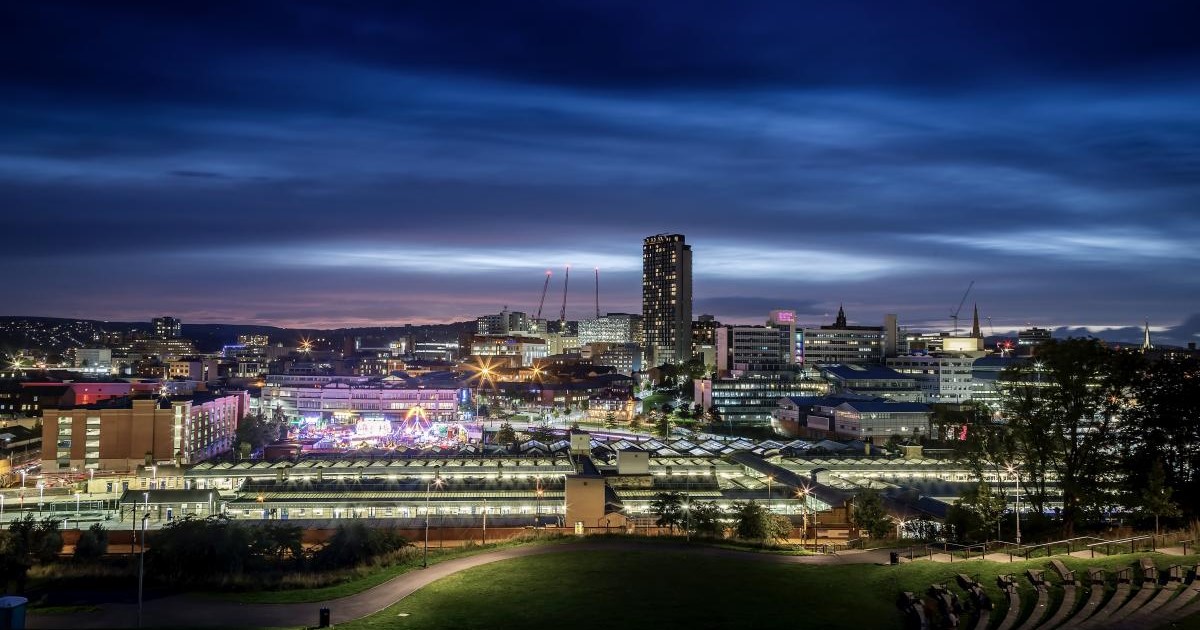
Like many other towns and cities, in Sheffield we are looking at how the city’s history and heritage is told through its streets, buildings, monuments and library museum and art collections, and importantly how these might tell a more balanced story and better reflect the diversity of our multicultural city.
Following a review by Sheffield City Council, Sheffield Museums, the University of Sheffield and Sheffield Hallam University, a report is being presented to Sheffield’s Race Equality Commission on 29 July, which gives a snapshot of the city’s fabric, its archives and museum collections.
There are few statues to individuals in Sheffield and none that are overtly connected to slavery. Many of the historical figures who are celebrated in the city were non-conformists, social reformers and abolitionist campaigners.
However, all industrial cities had extensive links to slavery, imperialism and colonialism. These links are reflected in some of Sheffield’s street names and also in the history of its manufacturing and trading relationships.
The review found that Sheffield’s memorials, plaques, street names and public art do not properly reflect our modern city and its diverse communities, and the Council is looking at ways both to tell a more balanced history and to better represent the diversity of the city in future. This will be informed by input from the Race Equality Commission and Sheffield’s communities.
Councillor Abtisam Mohamed, Leadership Advisor for the Co-operative Executive and Executive Member for Poverty, Fairness and Equality at Sheffield City Council, said: “Our streets, buildings and monuments tell the story of this city and shape our experience, understanding and relationship with it. This report and the work of the Race Equality Commission is an opportunity to go forward and establish an honest and reflective relationship with Sheffield’s history and heritage, not to rewrite or shame, but to tell a balanced story and to learn for the future.
“Our diverse communities are the living soul of this city, we want all of them to feel valued and at home here, that their roots are honoured and respected, and for Sheffield’s story to be inclusive, up-to-date and authentic. For that to happen those stories have to be told by the people who live within them and are part of Sheffield’s next chapter.”
The report is part of the Sheffield Race Equality Commission hearing on Sport and Culture taking place on 27 and 29 July.
It is available to read and comment on at: https://sheffield.citizenspace.com/place/sheffield-street-names-statues-and-museum-collecti.
These comments will be reviewed as part of the Race Equality Commission hearing and follow up work before options are considered about the most suitable way to progress this work.
